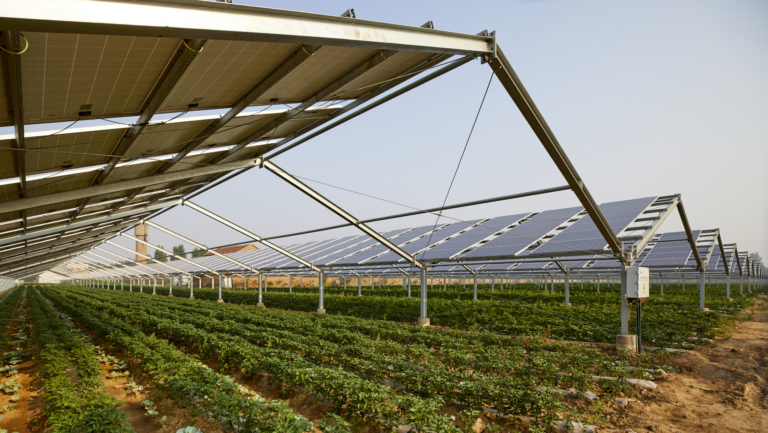Unfair Trade Hurting Florida Blueberry Growers
Blueberry Growers across the U.S. petition officials for solutions during NAFTA negotiations
The viability of the Florida blueberry industry and other blueberry growers in the United States is at stake. In my recent column in June 2018 edition of Central Florida Ag News, I discussed how blueberry associations in the southeastern United States have petitioned their congressmen to have their industry included in negotiations of the North American Free Trade Agreement, known as NAFTA.
In 2015, the Georgia and Florida blueberry industries produced 108 million pounds of blueberries, estimated to be $186 million in crop value. Mexico, by contrast, has imported 43.5 million pounds of fresh blueberries as of May 1, 2018, which is about double what has come from Florida and Georgia growers.
Britanny Lee, the president of the Florida Blueberry Growers Association, said that while the United States has seen growth in its market, it is at a competitive disadvantage which translates to a collapsing market and a decline in pricing. “It is impossible for our blueberry growers to compete,” she stated.
Letters Concerning NAFTA and the Florida Blueberry Industry
In a letter to Robert E. Lighthizer, the U.S. Trade Representative, Florida Agriculture Commissioner Adam Putnam pointed out that Florida provides $155 billion in annual sales, supports more than 1.5 million jobs, and produces more than 400 agriculture products, but the perishable products industry has been “decimated by unfair trading practices resulting in a strong and unprecedented growth in imports from Mexico.”
The letter also states that “family farms in Florida and other states have found no relief from these unfair practices in our current trade laws or the current NAFTA agreement.”
Putnam surmised that the current remedies available to address unfair trade practices are not sufficient to protect Florida’s specialty crop producers— including Florida blueberries— and it is critical that NAFTA negotiations result in policy that allows these producers access to a remedy law that applies to other commodities and manufacturers.
“I feel that any agreement that does not specifically address this issue is not fulfilling the mandate of Congress for TPA,” he wrote in the letter.
What Others in the Blueberry Industry Are Saying
Ken Murray, a Georgia blueberry grower, said in The Packer Americans are accustomed to having blueberries 365 days a year and there is a need to have blueberries imported in some months to meet that need. Having fair trade, which takes into account timing and volume, is critical. He said fair trade has to be managed, especially in light of the fact that American manufacturers have set up shop in Mexico.
“It needs to be crop specific and it does need to manage the volume and time of what is traded,” he wrote. “If the trade is not beneficial to both trading countries, then do not trade for that specific item. It makes no sense to allow a product developed in America to be grown or produced in Mexico and sold in America at prices and volumes that destroy the American farmer who helped develop it.”
Whether you are one of the many Georgia and Florida blueberry growers who wish to have your voice heard or not, this issue impacts us all. Here at AgAmerica Lending, we support the blueberry industry and all stakeholders who work to preserve the future of agriculture and the family farming tradition. For land lending solutions or to get more information about how we can help, click here or visit our ag loan calculator.






